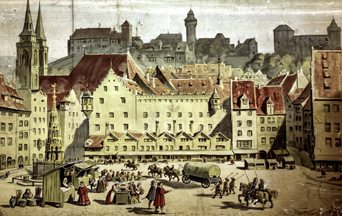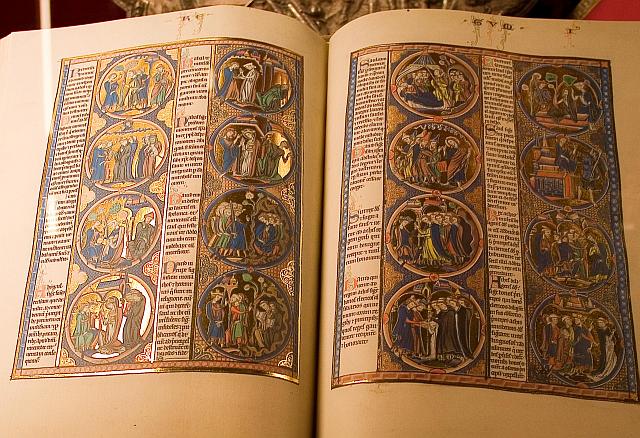
The Middle Ages, inappropriately called “Dark Ages,” was one of the times of greatest technological development, artistic and institutional creativity in history. This is the opinion of Prof. João Luís César das Neves, President of the Scientific Council and Professor of Economy and Business at the Faculty of Business and Economics of the Catholic University of Portugal written in the Diário de Notícias of Lisbon.
Christendom, he explained, spawned a surge of practical creativity that resulted in improvements in village life, rather than in monuments for Renaissance men to admire.
The so-called Dark Ages produced impressive advances, all directed at improving daily life in the real world: horseshoes, plows, eye glasses, aquaculture, the three-year crop rotation system, chimneys, clocks, wheelbarrows, and other inventions.
Musical notation, Gothic architecture, oil-based paints, sonnets, universities, the foundations of science and freedom for slaves are also medieval achievements.
Monasteries, convents and cathedral schools, as well as the confidence of Christian theology in progress (contrary to other cultures) played a crucial role in all these advances and in many others.
After the Black Death and numerous wars, the despots of the “enlightened” Renaissance returned to age-old looting and destroyed medieval cultural flourishing, leading later philosophers to believe they had actually discovered what their ancestors once practiced.
In this cultural and religious reconstruction, some central elements of the initial Catholic version were lost.
For example, in the twelfth century:
“Every time a company made or reviewed a budget, it created a fund for the poor.”

Photo: Bible of Saint Louis, King of France.
“These funds were registered in name ‘of our good Lord God’….when a company was closed, the poor were always included among its creditors.”

